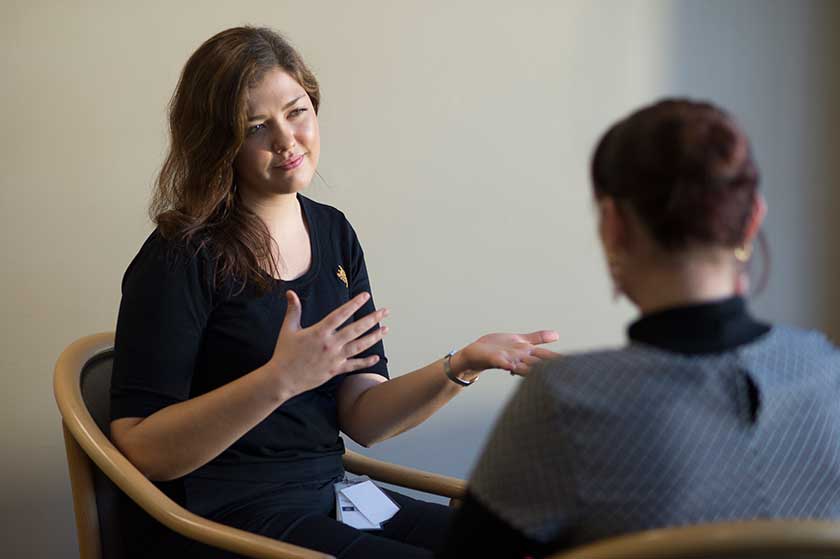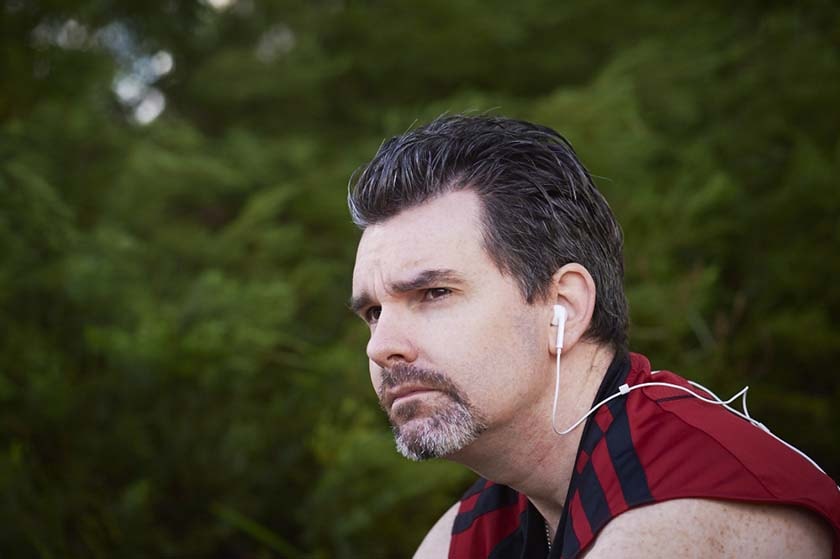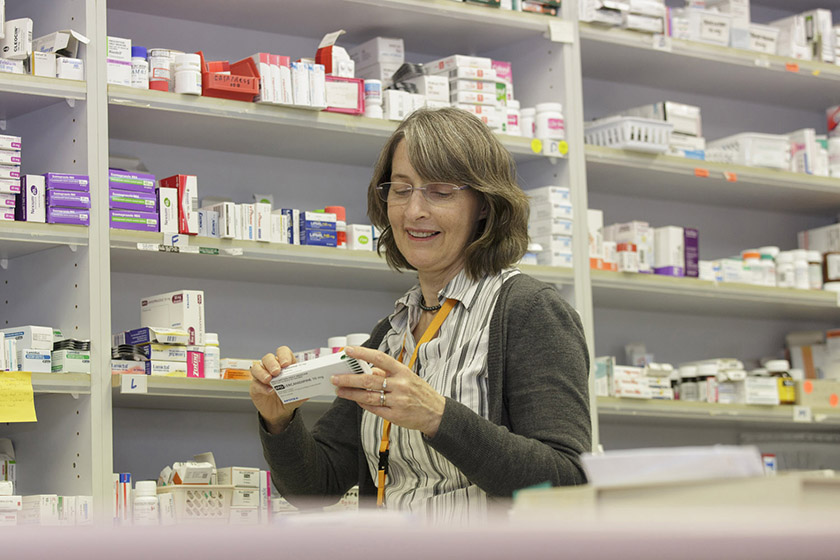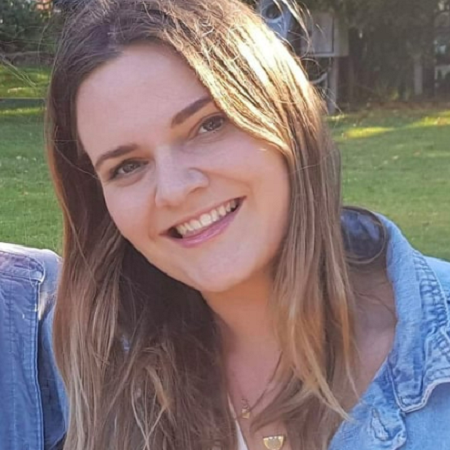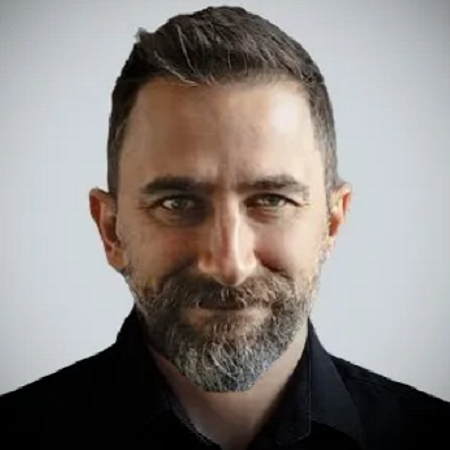There are two main treatments for mental illness, therapy and medication.
The type and combination of treatment that is recommended for you depends on your individual situation and is often linked to diagnosis.
Why medication?
Medication is effective at treating the symptoms associated with a mental illness such as anxiety, depression or insomnia.
Control of the symptoms of mental illness allows you to then work on getting your life back on track.
The length of time a person takes medication is individual and is always best discussed with your treating doctor.
Often medication for mental illness is taken long-term to ensure effective symptom control over a period of time sufficient to resolve the problems underlying the mental illness.
What about therapy?
In general, your doctor will recommend you access medication in combination with therapy or perhaps recommend that therapy alone could help.
Therapy, or counselling, often includes:
- talking with a psychiatrist or other mental health practitioner
- learning stress management techniques such as meditation and mindfulness
- cognitive behavioural therapy
- schema therapy
- taking part in support groups.
Medication or therapy?
Your doctor may recommend one therapy or a combination of therapies depending on your situation and how you respond to treatment.
Therapy is effective in treating the symptoms of mental illness and the impact of mental illness on your day-to-day life.
Therapy helps you by identifying the reasons behind your problems and can provide you with tools to cope with your situation, to recognise your triggers and work through them.
In order to receive the maximum benefit from your treatment, you may be prescribed a series of sessions. Your therapist may suggest you practice what you have learnt at home to progress your recovery.
Whether your treatment is medication, counselling, or a combination of both, results can vary between people.
Recovery can take time so be patient with yourself and the therapeutic process you have begun.
To find out more about treatment that will benefit you, contact your general practitioner who might then refer you to a psychiatrist for assessment.

